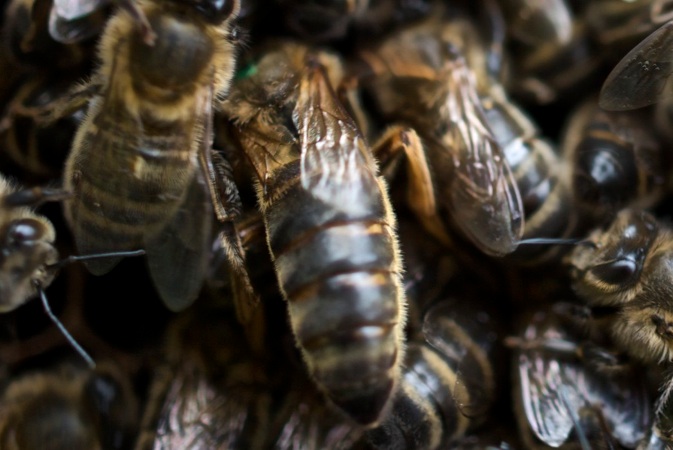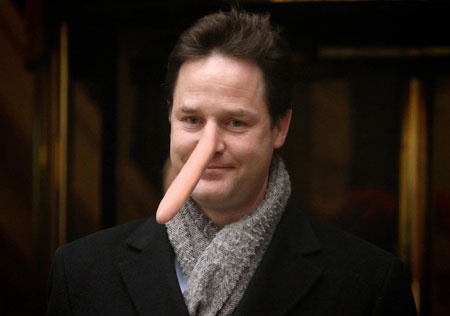UK & bee-killing pesticides

My assessment of the current state of UK bees follows
MPs call for precautionary ban on pesticides linked to bee decline
Pressure on the government to impose a “precautionary moratorium” on three controversial pesticides linked to the decline of bee populations will crank up a notch today, with the publication of a new report from the Environmental Audit Committee (EAC) criticising ministers for their “extraordinarily complacent approach to protecting bees”.
The report calls on the government to impose a ban on imidacloprid, clothianidin and TMX, suspending their use on flowering crops attractive to pollinators. It also argues that with several of the UK’s largest garden retailers, including B&Q and Homebase, having voluntarily withdrawn neonicotinoids their shelves the government should impose a full ban on the sale of neonicotinoids for public domestic use, in order to create an “urban safe haven for pollinators”.
The report notes that France, Germany, Italy and Slovenia have already imposed partial bans on some neonicotinoids and criticises the government for opposing European Commission proposals for a full moratorium on imidacloprid, clothianidin and TMX on all crops attractive to bees.
“Defra seems to be taking an extraordinarily complacent approach to protecting bees given the vital free service that pollinators provide to our economy,” said EAC chair Joan Walley in a statement. “If farmers had to pollinate fruit and vegetables without the help of insects it would cost hundreds of millions of pounds and we would all be stung by rising food prices. Defra Ministers have refused to back EU efforts to protect pollinators and can’t even come up with a convincing plan to encourage bee-friendly farming in the UK.”
Environment Secretary Owen Paterson has argued that the benefits of any ban would outweigh the costs, [a mistake in editing?] insisting there is not yet sufficient evidence to impose restrictions on pesticides that are widely used across the agricultural industry.
But Walley confirmed that the EAC had reached an entirely different conclusion. “We believe that the weight of scientific evidence now warrants precautionary action, so we are calling for a moratorium on pesticides linked to bee decline to be introduced by 1 January next year,” she said. “This allows farmers to use treated seeds that have already been purchased for this growing season and gives Defra time to implement EU legislation on the sustainable use of pesticides.”
The report also criticises the behaviour of some chemicals companies, which have argued that there is not sufficient evidence of a link between the pesticides and declines in bee populations to justify a ban, but have failed to disclose full results from their research into the impact of the chemicals.
“Pesticide companies often try to pick holes in studies linking their products to bee decline, but when pushed to publish their own research and safety studies they hide behind claims of commercial sensitivity,” said Walley. “The industry must open itself to greater academic scrutiny if it wants to justify its continued opposition to the precautionary protection of pollinators.”
…

‘Flawed research’ leads to bee call
SCOTTISH ministers could today call on the UK government to consider a ban on pesticides linked to the deaths of billions of bees worldwide after a key environment watchdog branded official research into the issue “fundamentally flawed”.
The Scottish Government, which up until now has backed Westminster in opposing a ban on neonicotinoids, said it was now “urgently” reviewing the evidence in the light of the criticism from the UK parliament’s cross-party environmental audit committee.
Committee chair MP Joan Walley said members supported calls from the European Commission for a moratorium on using the controversial insecticides.
The UK government had commissioned a field study on bumblebees which failed to provide conclusive proof there was a major impact on the insects from the pesticides.
But the committee report concludes research was “fundamentally flawed” and should not be used as a reason for not taking action.
Environment Secretary Richard Lochhead last night said: “We will be reviewing this as a matter of urgency.
“If in light of this new advice the case for the EU’s precautionary measures is strong, then I would want the UK government to consider supporting this position.”
Current State of UK bees
So much rain last year prevented UK bees from building good stores of honey in preparation for winter.
The mild winter was hard on bees keeping them active and consuming their honey stores. A harder winter would have made less demands on stores.
The extended very cold spell this year is the third serious blow to bees. Even with sufficient stores, there was no pollen necessary to rear bees available.
Beekeepers are only starting to realise the damage sustained by bees over the winter as it now becomes warm enough for bees to start flying and to inspect hives. I expect bee colonies to have been decimated with survival over this winter in the region of 25 – 50%.
